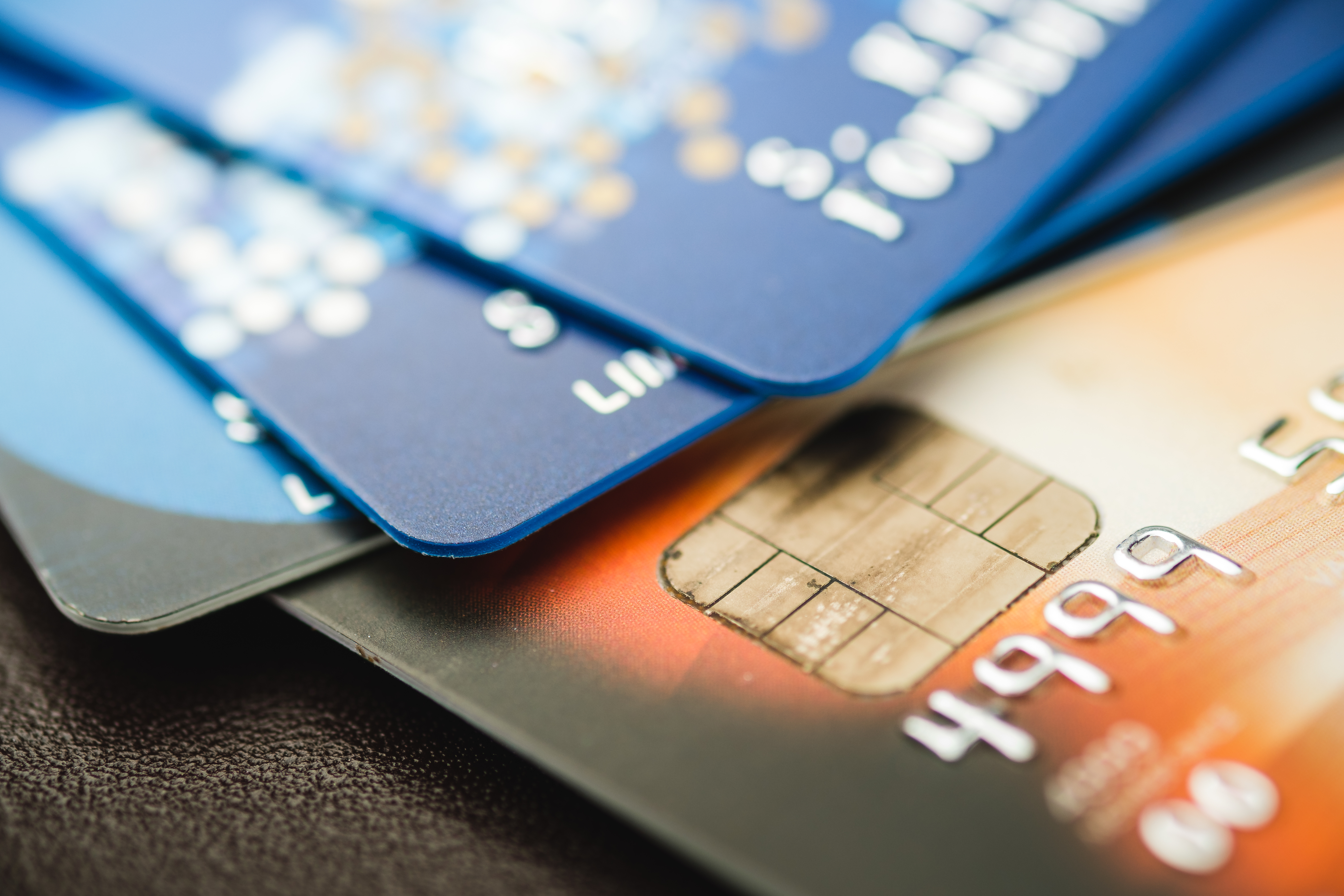FINANCIAL ADVICE | improving your credit
Tips for Getting Out of Credit Card Debt
Published February 8, 2019

Key Takeaways
- Be careful about closing accounts as this can negatively impact your credit score.
- Make a commitment to getting out of debt.
- Don't focus on the total amount of your debt.
Heavy credit card debt can make even day-to-day expenses difficult to manage. If your debts are causing you to stress it is time to make a plan to pay them off, once and for all.
To get out of debt smoothly, follow these simple tips.
Remove Temptation
If you have multiple credit cards with you all the time, it makes giving in to those impulse purchases much easier. Carrying one extra card for emergencies is smart, and so is leaving the rest of your cards at home in a safe place. That is one easy way to avoid growing your debt.
Also, be careful about closing accounts as this can negatively impact your credit score. The best way to avoid this is to keep your cards open, pay down the balances, then simply stop using them without closing them down.
Budget
Make a commitment to getting out of debt. Start by reviewing your income and expenses, then budget carefully, trimming monthly spending as much as possible. Be realistic in your estimates of your monthly costs and look for savings wherever you can. Maybe that means you dine out a little less or switch to a cheaper cell phone plan. Reapply the money you save making these small adjustments to paying off your debt. Remember, the quicker you pay off debt, the more money you save on interest. To remain motivated, set small goals and rewards for yourself as you reach benchmarks. Keep the next reward in mind whenever you make a larger payment or pass up a tempting purchase. It'll help keep you on track and give you something to look forward to.
If you're not already budgeting, there are plenty of helpful tools that will make it easy to start. Free, easy-to-use online budgeting tools, like Mint and GnuCash, will help you find out how you're paying and where you can save. These tools are fun, rewarding, and will make you wish you'd started budgeting sooner.
Plan Your Debt Strategy
Look at each creditor, the amount you owe them, and the interest rate they charge. Next, choose one of the two following strategies to start paying off your debt.
Strategy One: You'll save money in the long run by paying off the creditors charging the highest interests rates. Identify the creditor that is charging you the most in interest and focus on paying off that debt entirely. If you have multiple creditors, pay off the one with the highest rate first, then second highest rate second, and so on. The creditor charging you the highest interest rates is the one growing your debt the fastest! Get them out of the picture as quickly as you can and save in the long run.
Strategy Two: First, pay off the creditor to whom you owe the least. This strategy will cost you more than strategy one because the creditors with high rates are still charging you over the long term. However, it offers a great psychological boost early on in your journey. Once you've paid off your lowest debt entirely, you'll gain confidence to tackle the others. It's a great feeling getting your balance owed to $0, and it can be a powerful motivator to keep on track.
Depending on your personality, you probably have a sense of the strategy that suits you.
Don't Get Discouraged
No matter how many creditors you have, or how high your debt has risen, don't focus on the total amount of your debt. An intimidating figure can leave you discouraged before you even begin. Instead, set easy and achievable milestones for yourself. Tell yourself, “I can and will pay $50 extra per month towards my debts.” After a while, maybe you can afford to pay more. The important thing is to set a realistic goal then focus on making steady progress. Everyone reaches financial freedom one step at a time.
Consider Consolidating
If you're struggling with repayments or want to reduce interest, consider getting a personal loan. Using a loan to pay off debt all at once is called consolidation. If you'd prefer to make just one payment or a personal loan offers a more affordable interest rate, deciding to consolidate all of your debt makes sense.
